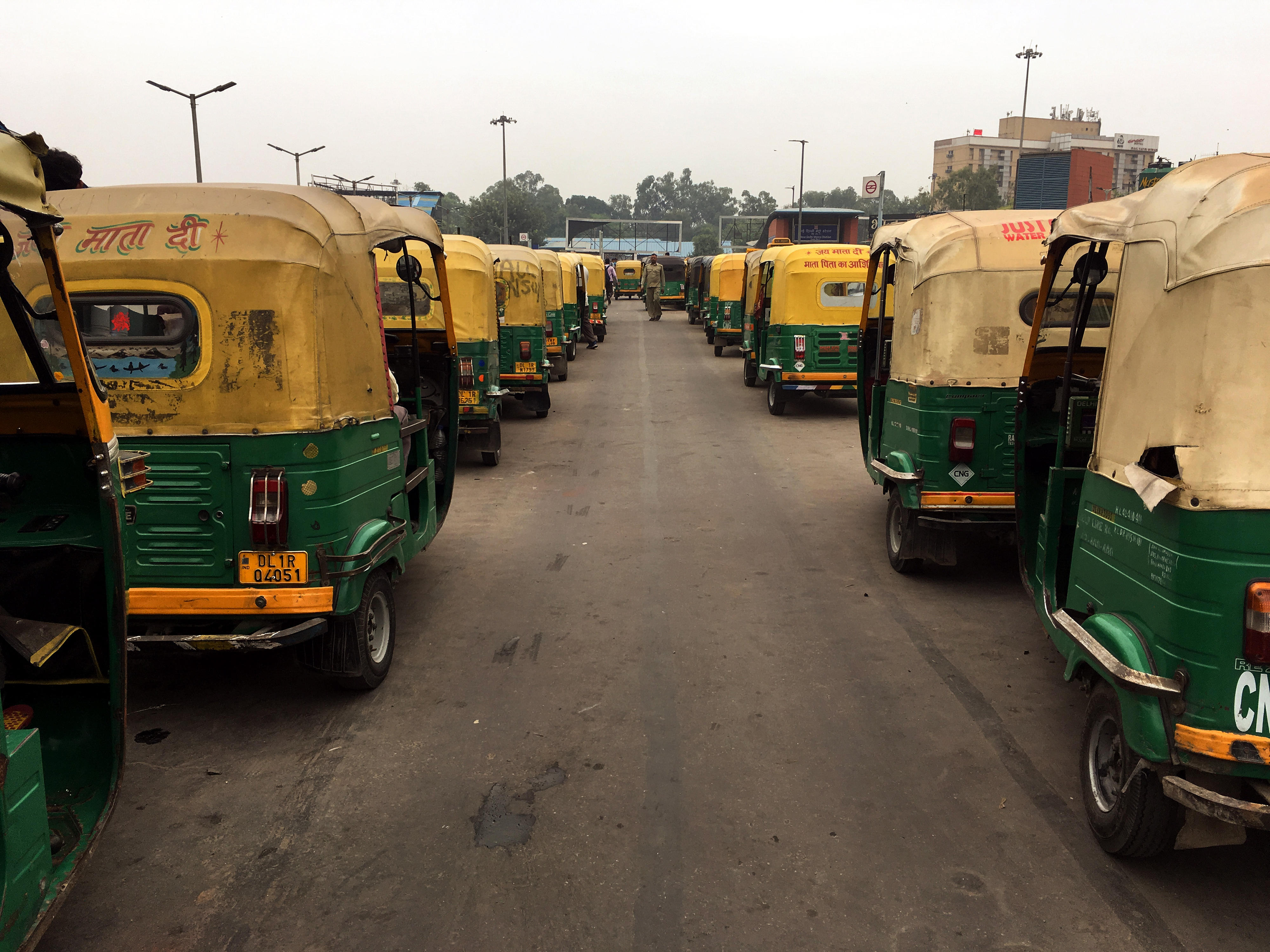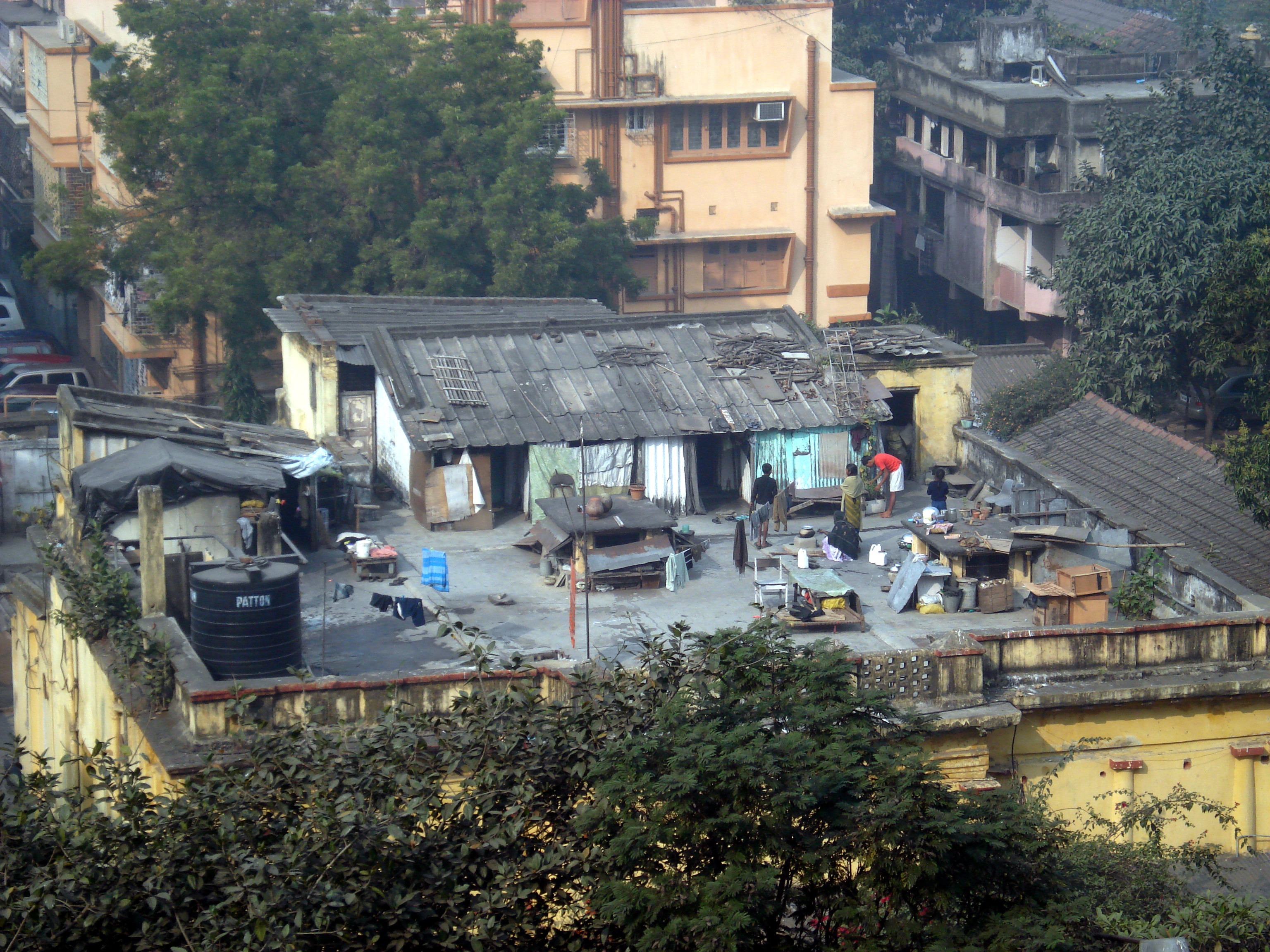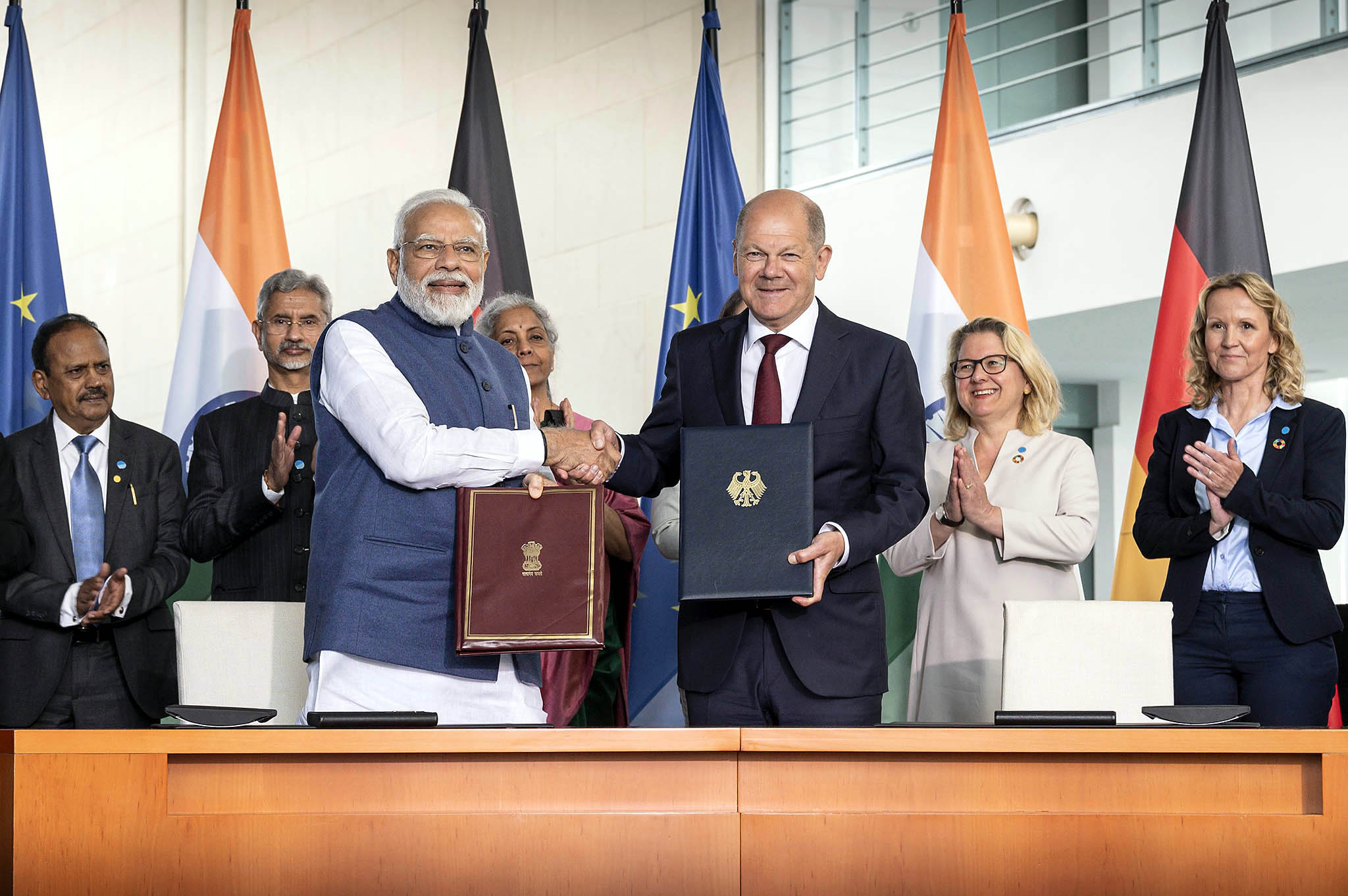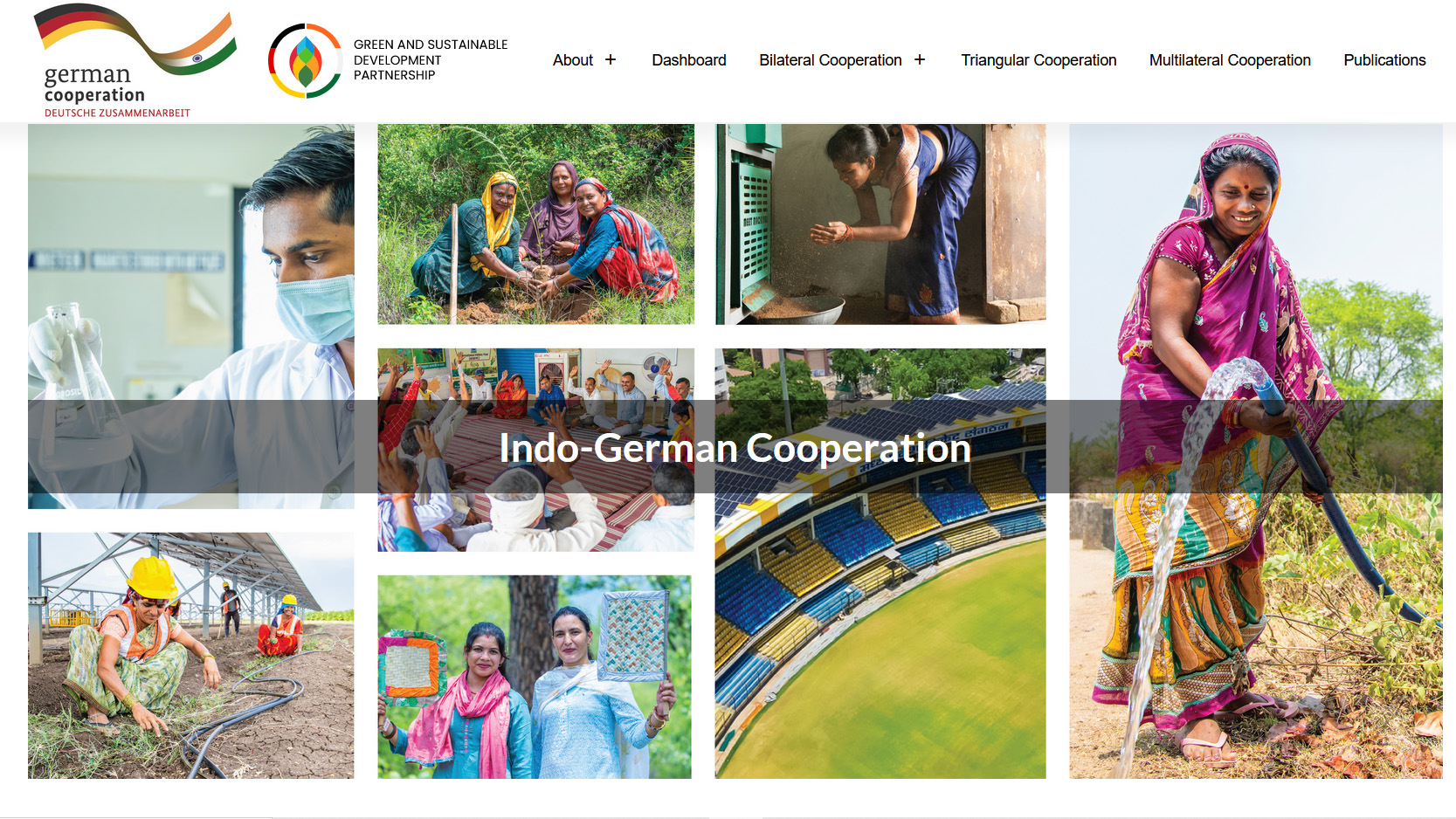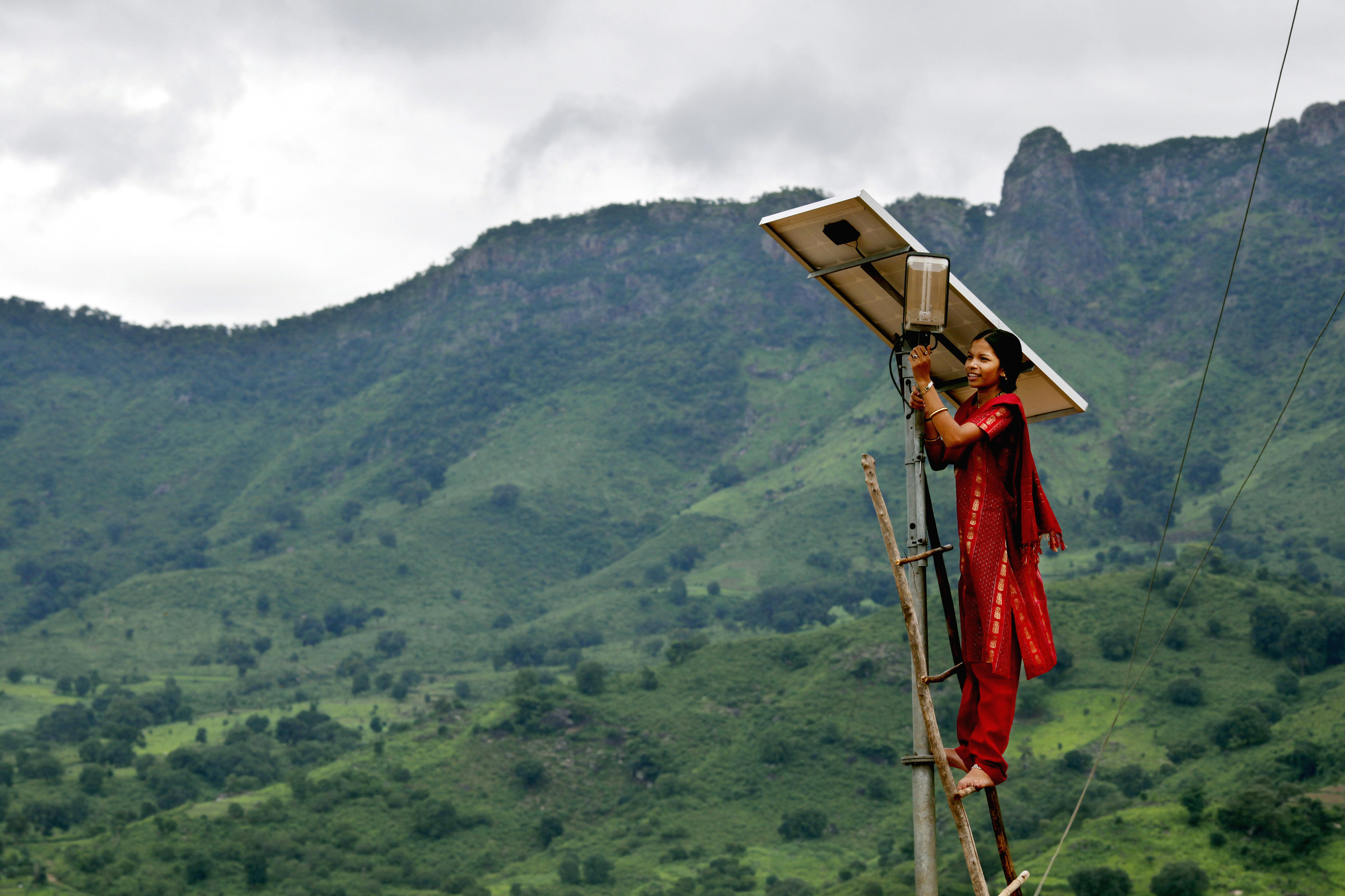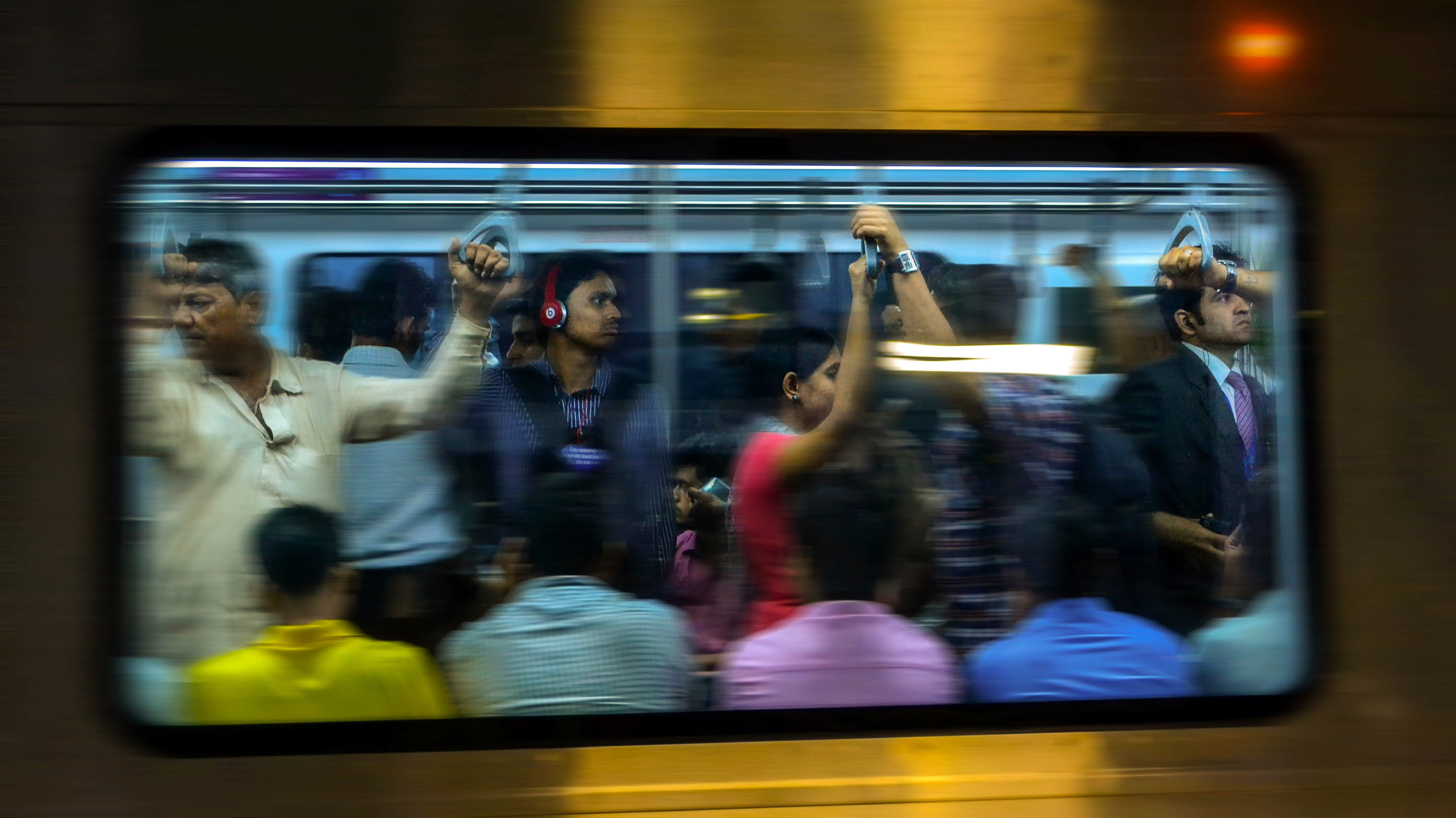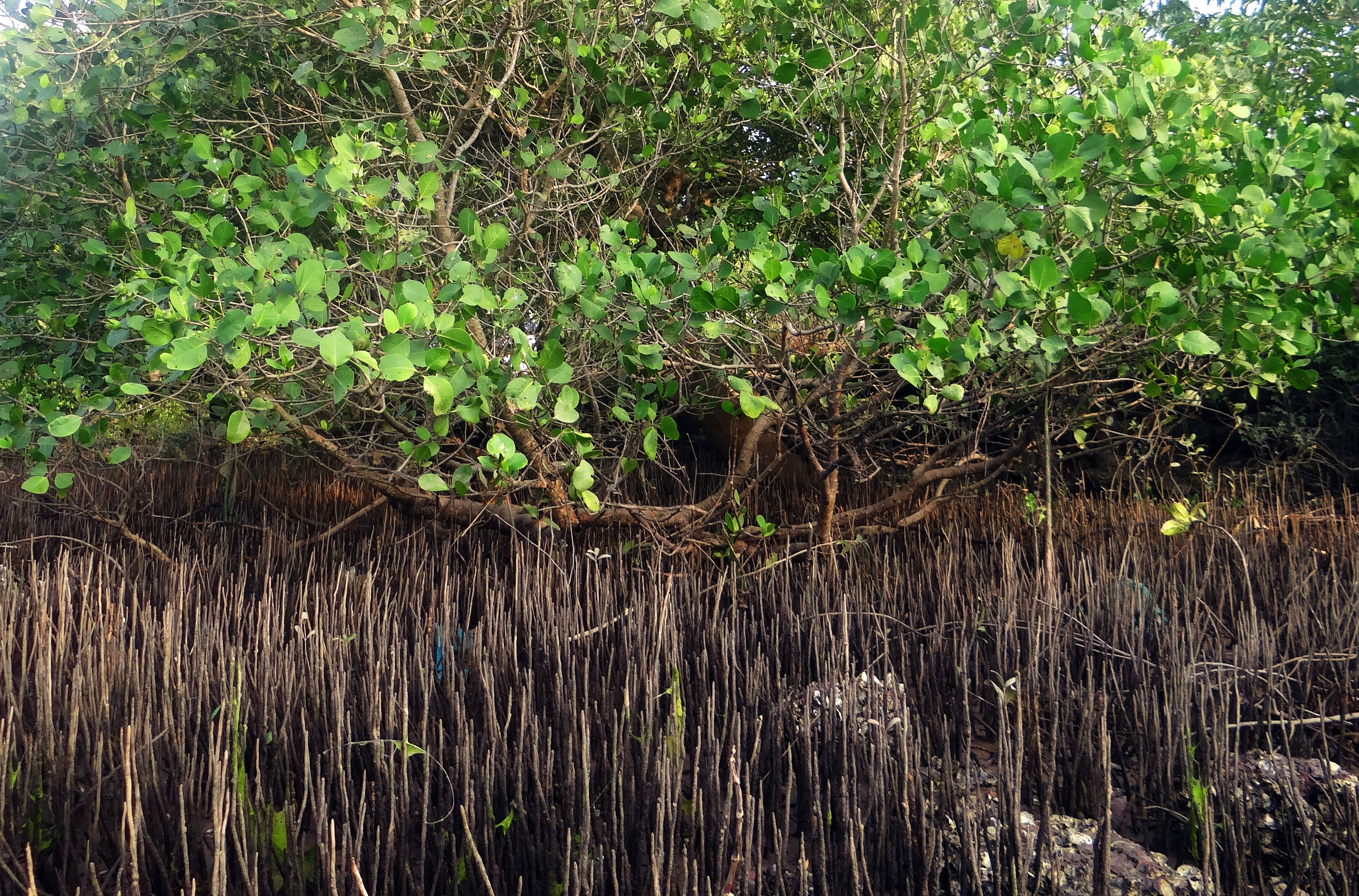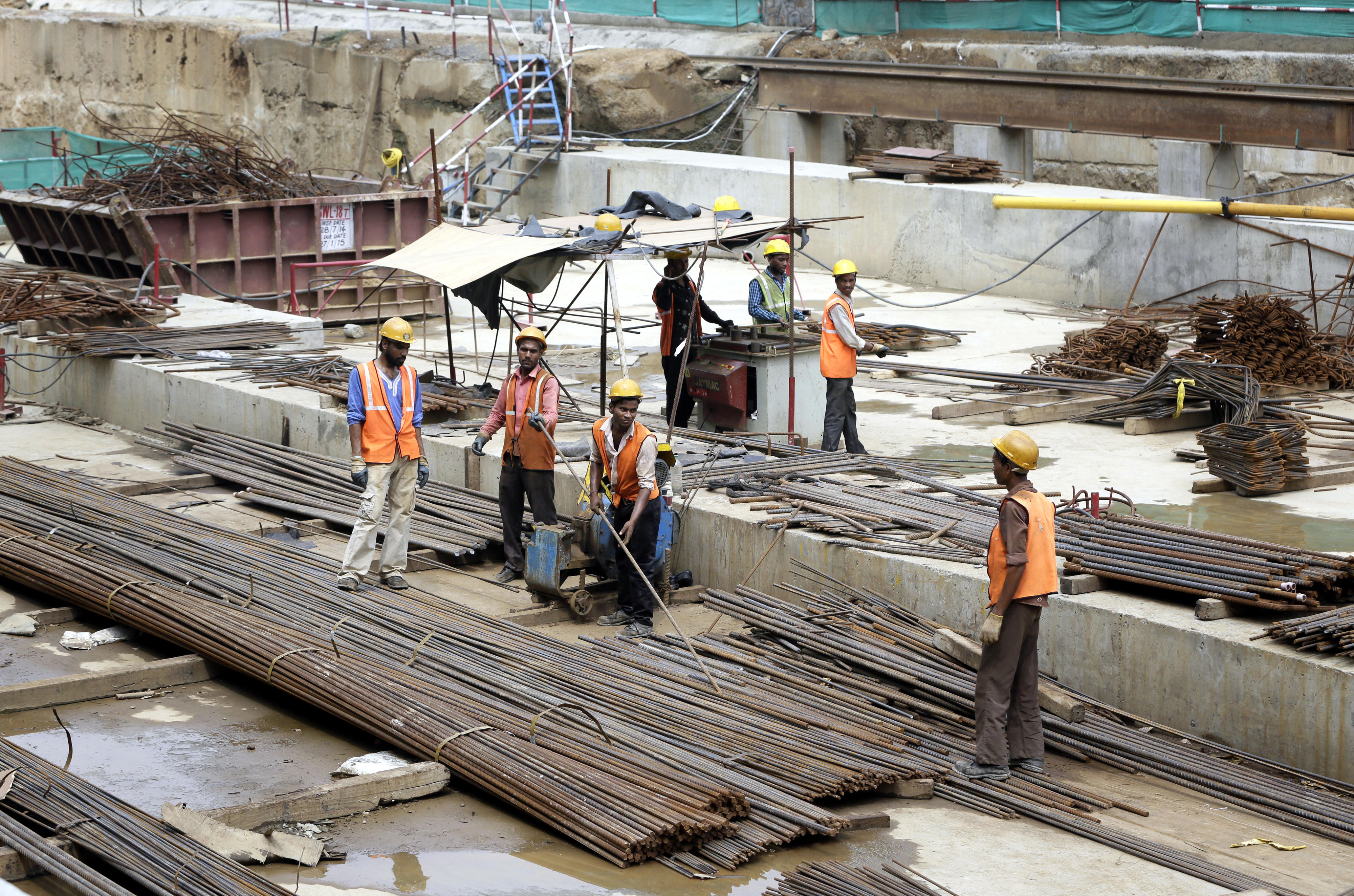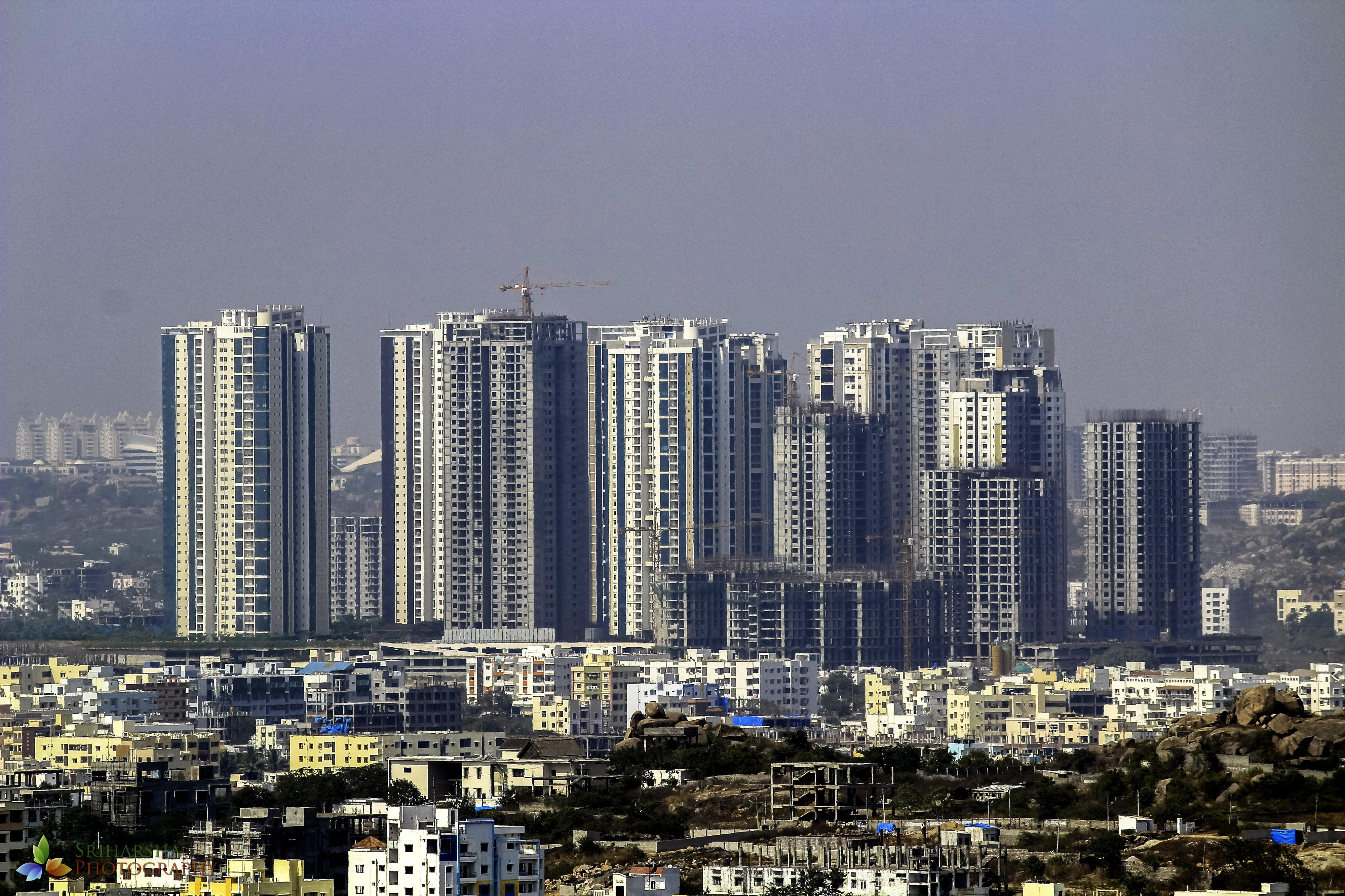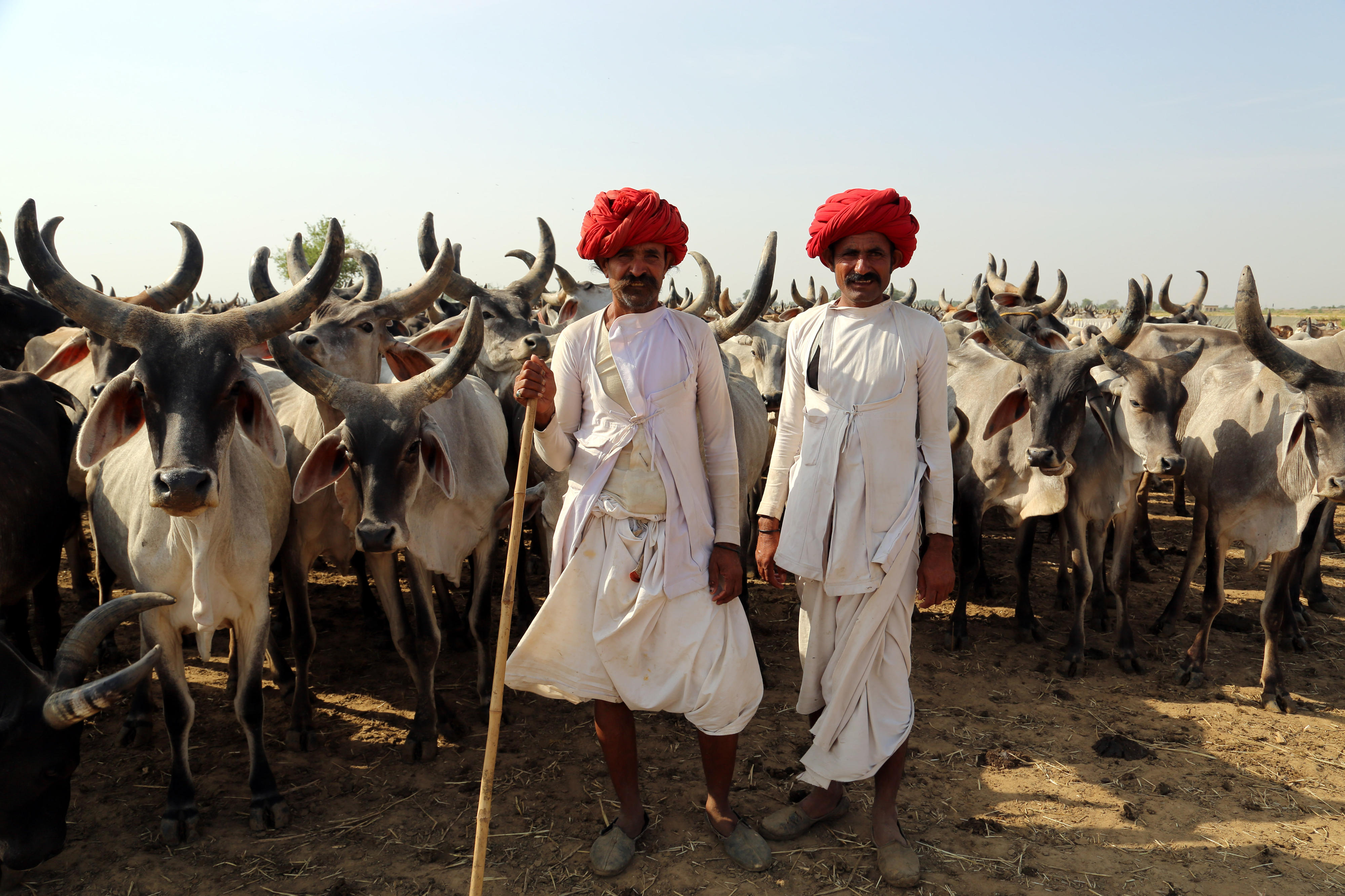Motorbike Taxis in Delhi
Copyright© Jule Lumma, via flickr, CC BY-NC-SA 2.0
India
In order to expand their cooperation on these global issues, Germany and India concluded a Green and Sustainable Development Partnership in 2022. The Federal Ministry for Economic Cooperation and Development (BMZ) had a major role in shaping this Partnership, which guides its entire development cooperation with India.
India is a country of extreme contrasts. On the one hand, it is the fifth largest economy in the world, with a booming digital economy, an ambitious space programme, a growing renewable energy sector and forward-looking models for climate-smart smallholder agroecology. On the other hand, India has the world’s highest number of people living in extreme poverty and of malnourished children, antiquated industrial plants, the third-highest emissions of greenhouse gases after China and the US, and a very resource-intensive industrialised agricultural sector.
Challenges
According to the 2023 Global Multidimensional Poverty Index (External link) (MPI), the incidence of poverty in India fell from 55 per cent in 2005 to about 16 per cent in 2021. The MPI is published jointly by the United Nations Development Programme (UNDP) and the Oxford Poverty and Human Development Initiative (OPHI). It measures poverty based on various indicators relating to education, health and living standards. According to the MPI, there was a strong improvement in the living conditions of more than 400 million Indian people during the aforementioned period.
However, although the number of people who count as middle or upper class is growing, there were still approximately 170 million people in 2022 who had to get by on the equivalent of less than 2.15 US dollars a day. The COVID-19 pandemic and its consequences have slowed the progress of poverty alleviation.
The biggest challenges India is facing in political, economic and social terms are combating poverty and social inequality, achieving sustainable urban development and a socially just transition in the energy, transport and agricultural sectors, overcoming the impacts of climate change and protecting natural resources.
German development cooperation with India
India is one of the BMZ’s “global partners”. The ministry’s cooperation with India focuses on programmes with a structural impact. These programmes build on India’s own initiatives and reform programmes, and are carried out, wherever possible, in cooperation with the EU or other EU member states, the G7 and other multilateral partners. They provide model solutions, help to build capacity, and thus enable the participating partners to carry on with the projects on their own and expand them.
The Green and Sustainable Development Partnership that was signed by Prime Minister Narendra Modi and the then Federal Chancellor Olaf Scholz in May 2022 systematically aligns Indo-German cooperation with the United Nations 2030 Agenda and the Paris Agreement. The Partnership is intended to strengthen bilateral cooperation and help broaden cooperation with multilateral players, academia, the private sector and civil society. Together with the German Environment Ministry, the BMZ has been the lead German ministry in driving this partnership forward.
Unlike in countries with a lower gross domestic product, around 90 per cent of the funding for development cooperation with India takes the form of reduced-interest loans. India makes its loan repayments punctually and with interest.
Priority areas of cooperation
The vast majority of support comes under the BMZ core area of “Climate and energy, just transition”. BMZ projects in India are driving the use of renewable energy, expanding public transport systems and reducing greenhouse gas emissions. They facilitate sustainable urban development, support climate change adaptation and increase resilience to the effects of climate change. The BMZ also contributes to protecting natural resources (forests, water, soils) and provides funding for the transformation of agricultural and food systems.
The BMZ has agreed the following priority areas with India:
- Renewable energy, energy efficiency
- Sustainable urban development and green urban mobility
- Climate resilience, agroecology, environmental and resource protection
Triangular cooperation
In addition, Germany and India foster triangular development cooperation with third countries. For instance, Peru is receiving support in establishing a geographic information system for managing social programmes. Pilot projects have also been successfully completed with Ghana (bamboo-based products), Cameroon (potato farming), Malawi (support for female business-owners in the agriculture sector) and Benin (mechanisation of agriculture). New pilot projects on sustainable millet farming have also been launched in Madagascar and Ethiopia.
SDG trends for India
- On track or maintaining SDG achievement
- Moderately improving
- Stagnating
- Decreasing
- Trend information unavailable
